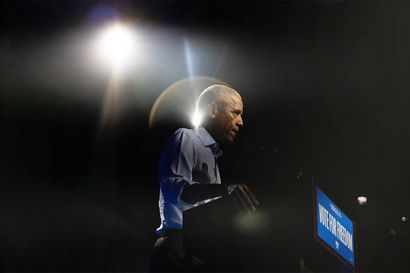15 things that might happen to the economy post-Brexit
With "market uncertainty" the word of the day in economist's mouths, we look at fiscally good and bad news in our post-Brexit future...
Ever since the referendum result was announced, the British economy has seemed about as stable as Charlie Sheen after a night out wearing a pair of Theresa May’s tallest designer heels. Whether you are a gentleman investor or a euro-tripping flaneur, the post-Brexit economy really matters, after all, it’s the economy stupid! So whether you are a Keynesian or a Blairite boomer, we look at the 15 things that might make our post Brexit economy boom – or bust.
Immediately after the referendum result was announced, the stock markets began a sustained period of so-called “nervousness”. The FTSE 100 has struggled to stabilise, swinging from post-Brexit slumps to above the 7,000 mark (its highest ever point). While this can and might be a good thing, unfortunately, as long as nobody knows for sure what the Brexit future holds, every time Theresa May talks about the Article 50 trigger, the market does a spit-take. So long as we are in crisis mode, no news is good news.
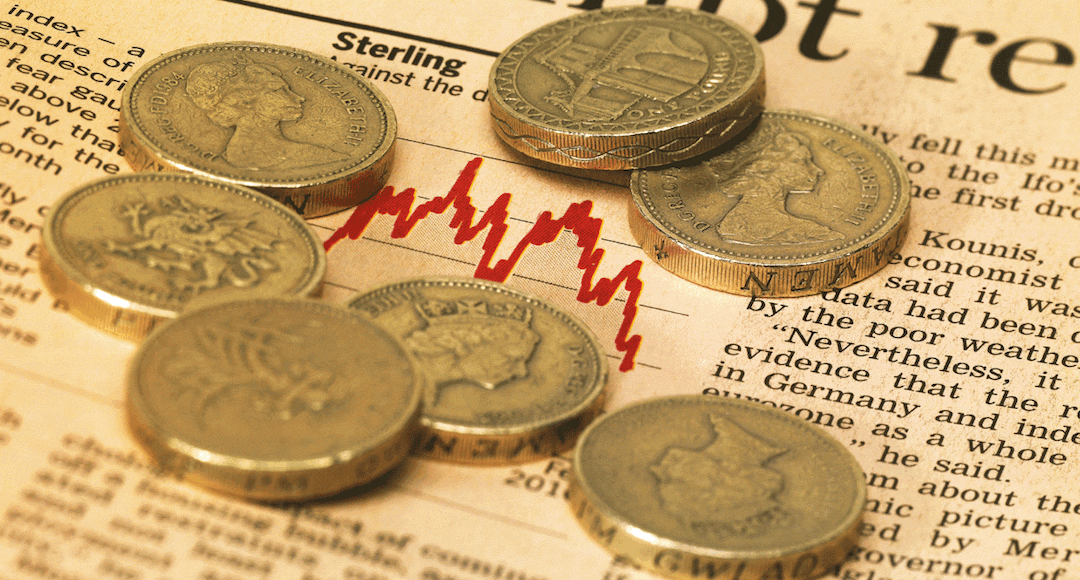
Unlike the Stock Market, the pound has been reaching new lows, without any sign of rallying. Recently hitting a 168-year rock bottom, our currency looks like it is down and out. However, from a practical point of view, a cheap pound means that homegrown products are a little cheaper, and business is more attractive thanks to relatively cheaper costs on wages and overheads for foreign companies. This means that buying foreign goods and travelling abroad just got much more expensive. Gentlemen in particular will be stung by the price increases on their Cuban cigars and Italian leather shoes. Worst of all, how will a gentleman woo his beau if he can’t afford a romantic trip to Paris?
The day after the referendum, Britain’s market fell, but the falls in euro-ares equities were far more serious. While there are immediate issues faced by the UK economy, the EU has a much more significant, long-term financial crisis looming. Without the massive British economy helping to bail out failing southern European economies, the European Central Bank will have to stretch every Euro even further.
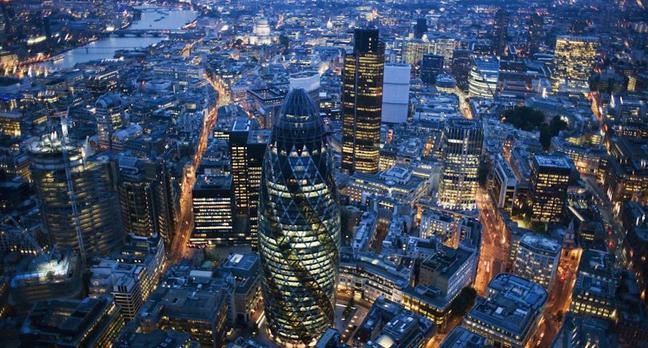
As the financial capital of the world, the City of London has made financial sector the UK’s most profitable industry. Before the ink had even dried on the ballot papers, Frankfurt and Paris started muscling in on our territory – attempting to lure the big banks away from our shores. Without the financial benefits of our banking industry, our economic prospects do not look promising. But as they say, with friends like these…
Britain currently deals with the WTO through its membership as a part of Europe. Arranging our own international trade partnerships requires negotiators with years of experience putting together complex and detailed deals. A small problem is the fact that we have long since stopped hiring or training people like this because Europe did it for us. However, if we can get a good deal we will have well and truly flushed away the limitations of having to agree deals in conjunction with 27 other partners. It remains to be seen whether getting a bad deal around the rest of the world will be worse than getting a terrible one from Brussels.
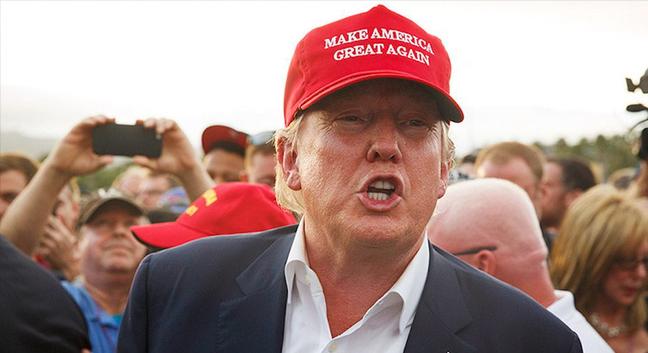
Patrick T Fallon/Bloomberg/Getty
Since, as a country, we can’t rely a long term revenue from exporting Kate Middleton and her kids to America, it is important that we have a good trade deal with the world’s biggest economy. It is therefore unfortunate that President Barack Obama said that if Britain left Europe we would be at the back of the queue when it comes to getting a trade deal with the US. But, luckily he won’t be president for much longer and Donald Trump has promised he will put us at the front of his queue – so fingers crossed for a Trump landslide.
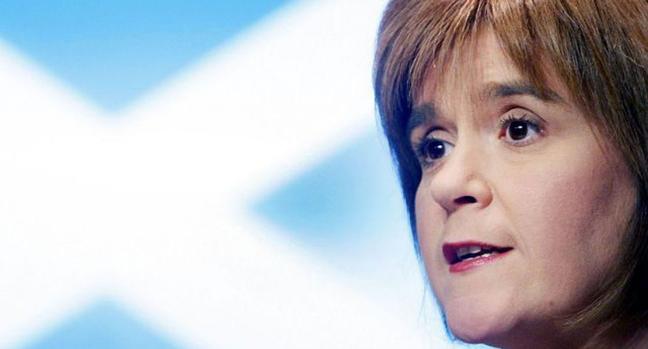
PA
Nicola Sturgeon has unequivocally stated that she intended to hold a second referendum after we decided to drag Scotland out of Europe. With oil currently at an all time low, losing the revenues from the North Sea oil may not be the problem the SNP once believed they would be. However, single malt scotch is still a valuable export that we could really do with hanging onto – some things are more important than party politics.
Britain was not just divided in terms of its voting preferences. There is a massive economic disparity between the north and south of the country, with a huge concentration of wealth in the south east. Europe is used to spending huge amounts of money regenerating ex-soviet Balkan regions so they might have been able to offer some advice about how to sort out the north of England. With winter coming and without the EU money to keep, the north will need all the help it can get.
In order to fund massive infrastructure projects like HS2, the Garden Bridge, Crossrail, and the airport runway expansion, the country will have to take out massive loans or else accept foreign investment. The Spanish already own Heathrow and Stansted, Germans own the railways and buses, and the Aussies bought the NCP car parks. With a further £200 billion of investment expected, if EU money pulls out of our station for good, we may be left waiting a long time for the next rail replacement bus service.
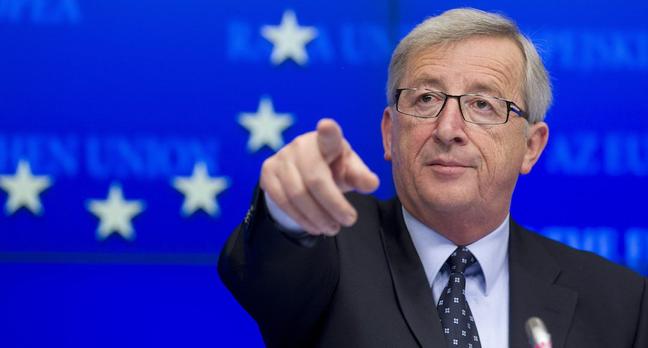
Britain can’t claim to have made many friends by voting to leave the EU, but it has certainly created some new enemies. Jean Claude Juncker recently suggested that Brexit was ‘the result of 40 years of lies’. Shortly after the referendum result was announced, he famously warned that Britain would not be getting a better deal than the one David Cameron renegotiated. As the President of the European Commission, Juncker would probably rather see us consigned to the junk pile.
Skilled foreign workers help to keep many of the UK’s economies competitive and successful. From banking to farming, the workforce is full of European employees who are currently free to live, travel, and work here. Our decision to leave has called into question the right of skilled workers to stay, leading many to consider futures elsewhere. Many business leaders have already stated that their industries will not cope without their highly trained workforces. However, with a commitment to allowing high skill workers to stay and work, there are high hopes that the neglected potential workers in non-EU countries will be able to join and even enhance our workforce.
The EU forced us to use less powerful engines in our vacuums and dimmer, energy saving lightbulbs. Without Eurocrats telling us off for wasting energy, our electricity bills will go through the roof.
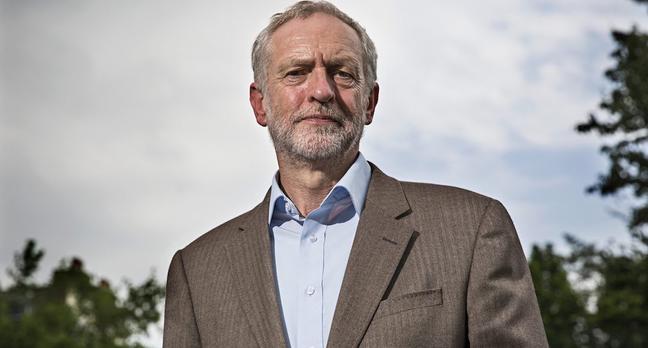
At a time when Britain’s economic future is being called into question, it is more important than ever for our politicians to work together to help keep the country afloat. Unfortunately, nobody seems to have passed this memo to Jeremy Corbyn and the Labour party. Waging war on each other has made the party weaker in parliamentary terms, while their leader has repeatedly professed his desire to revive the economic disasters of socialism.
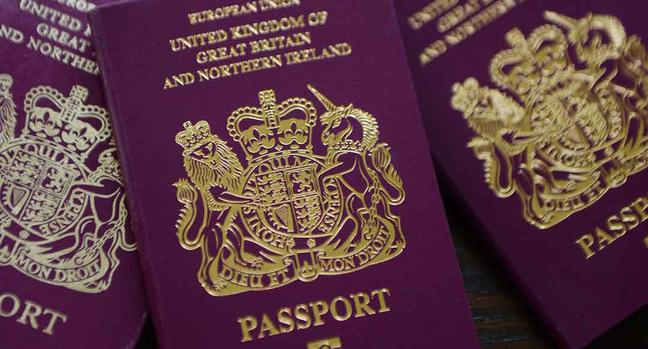
Changing the passports of 70 million people from purple to blue will be a massive expense. We could all just scratch off the European Union embossed lettering, or add in pen the words: ‘left the’ for a fraction of the price. But getting a new passport currently costs between £70 and £100. Even though the dye used to make blue passports will be cheaper than the pink we currently use, the overall cost will most likely be shouldered by the taxpayer. Who can say if such a simple little alteration will give our booming tourism industry the blues?
Let’s face it, who knows what kind of horrific financial or natural disaster is waiting around the corner, ready to savagely beat us to within an inch of our life. Being able to call on 27 other countries to bail us out when things turn nasty is a lifeline we will be losing. Without the contractually obliged support of Europe, we can no longer rely on the threat of mutually assured economic destruction because our EU partners no longer have as much to lose as we do. But, the signs for the economy on the whole are good – something that is perplexing financial analysts. Things are looking up, for now.
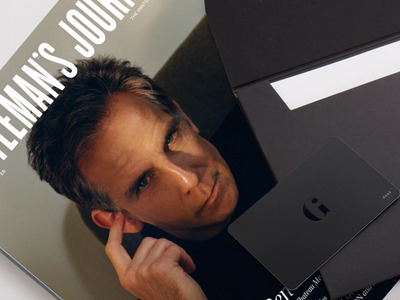
Become a Gentleman’s Journal Member?
Like the Gentleman’s Journal? Why not join the Clubhouse, a special kind of private club where members receive offers and experiences from hand-picked, premium brands. You will also receive invites to exclusive events, the quarterly print magazine delivered directly to your door and your own membership card.

